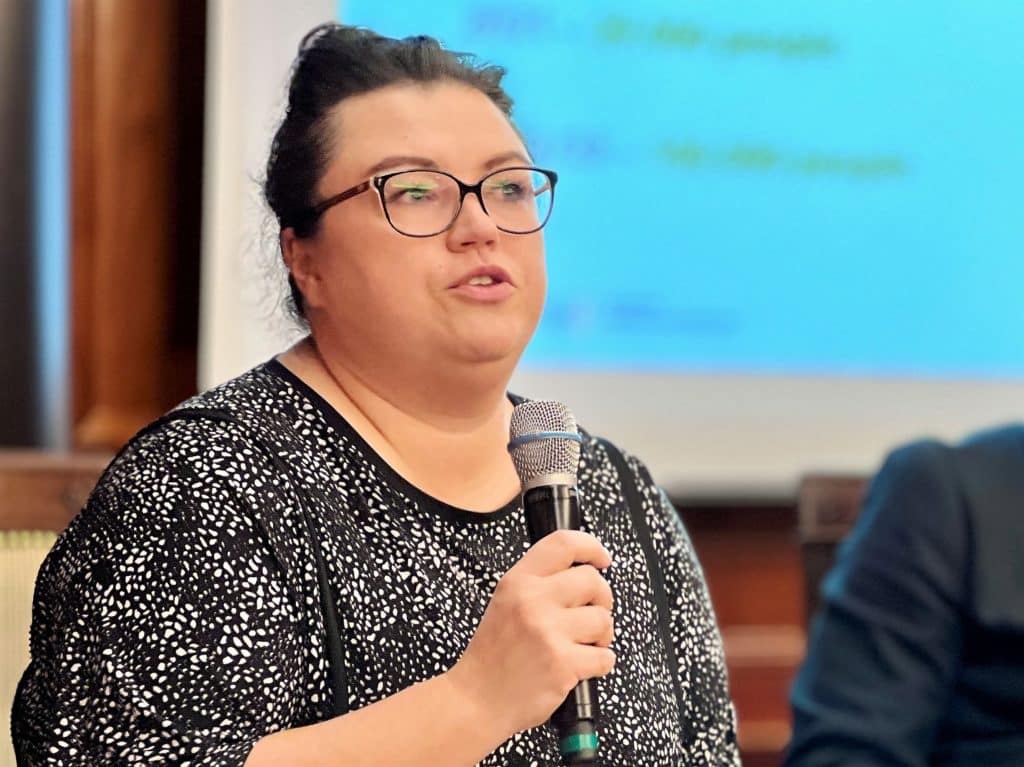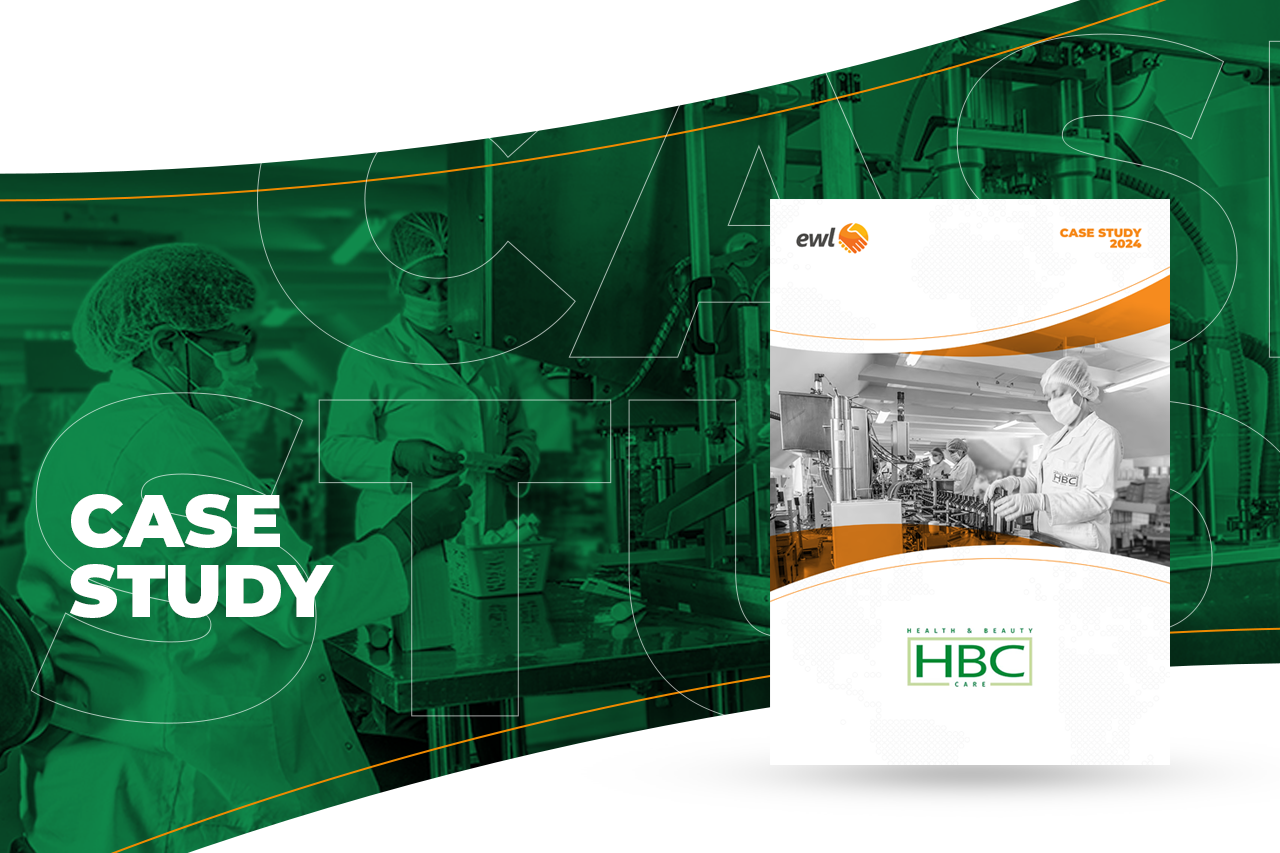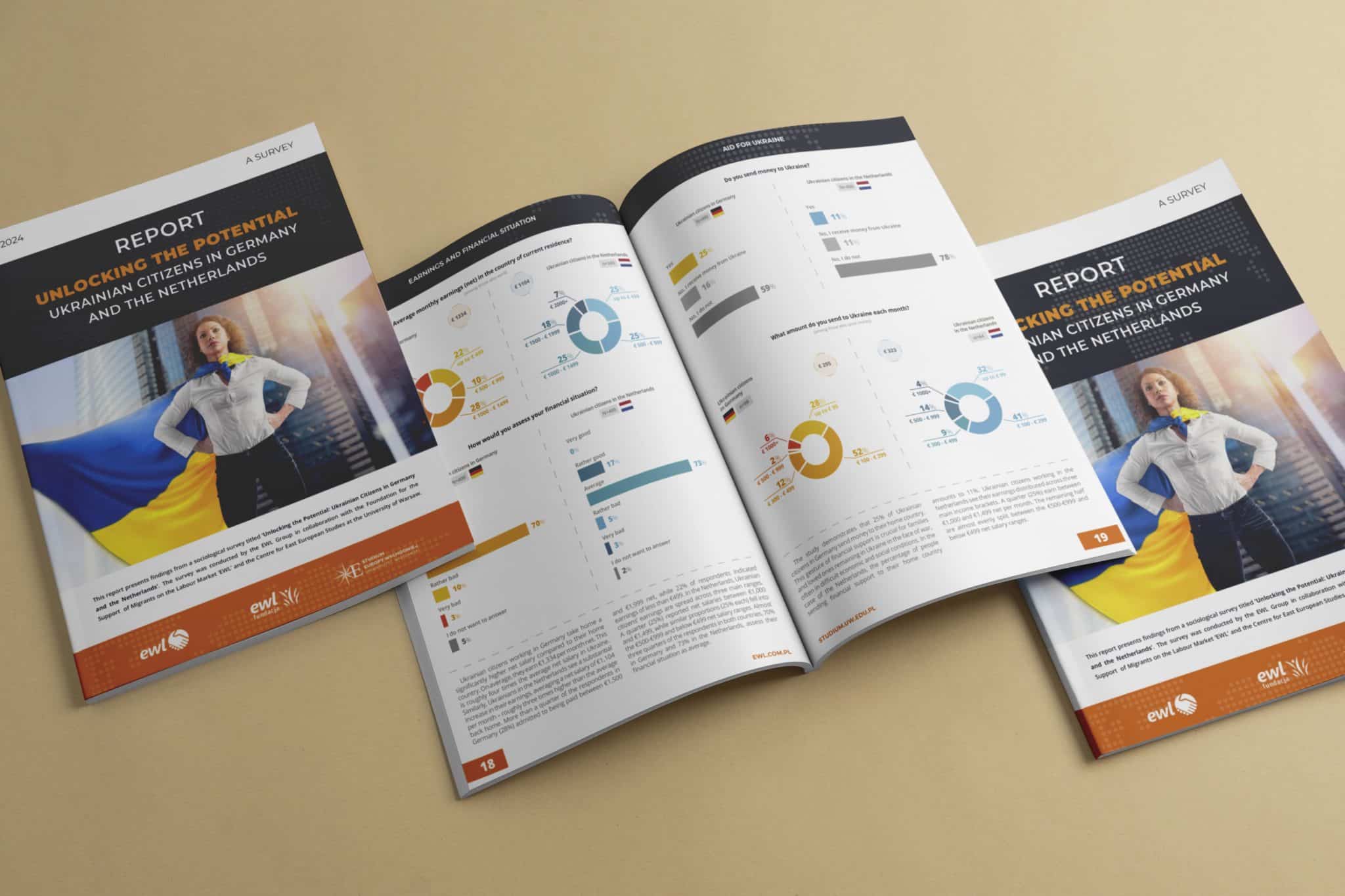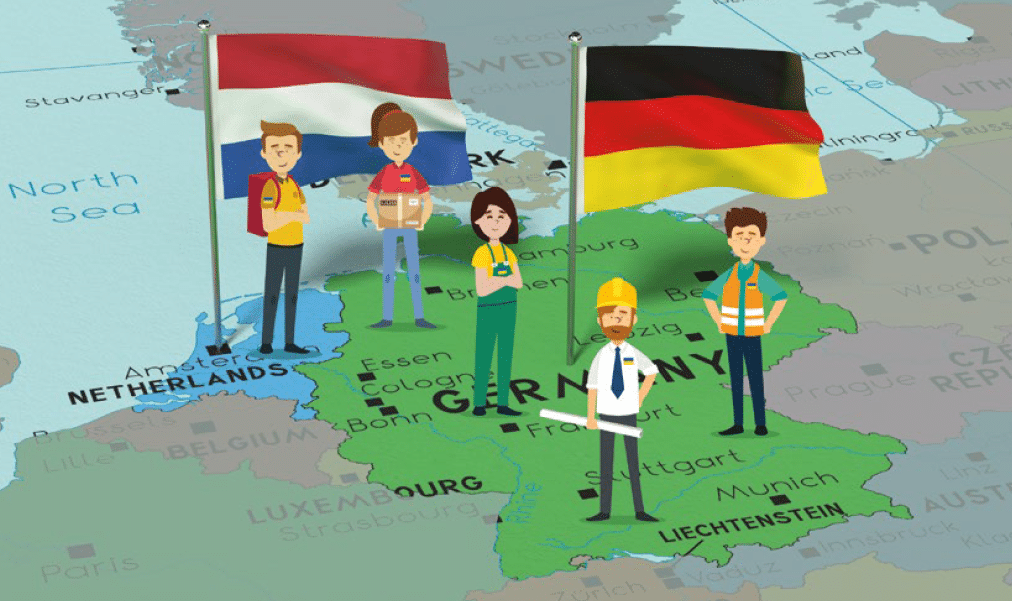
On Wednesday, 23 November, the report from the sociological study ‘Workers from Asia – solution for the labour shortage in Romania’ conducted by the EWL Migration Platform and the Centre for East European Studies at the University of Warsaw was presented in Bucharest.
Employees from South and Southeast Asia are positive about employment in Romania. They are young, half of them is learning Romanian, and one in three would like to stay in the country for longer, according to the study ‘Workers from Asia – solution for the labour shortage in Romania’ carried out by the EWL Migration Platform and the Centre for East European Studies at the University of Warsaw
The study shows that men constitute more than three-quarters of the citizens from South and Southeast Asia working in Romania. A significant proportion of the respondents comes from India (18%), Vietnam (17%), Bangladesh (16%), Pakistan (15%) and Nepal (14%). Asian nationals working in Romania are mainly found in sectors related to construction (39%), services (14%), and logistics and transport (11%, including warehouse logistics). They are employed as manual (57%) and service sector workers (22%). After arriving in Romania many have continued working in the same profession as in their home country.
According to the study, the majority of South and Southeast Asian nationals working in Romania are young. Their average age is 27 and the largest group (60%) are people between 26 and 35 years old.
‘With the right support from government institutions and society, they will adapt to the Romanian labour market in the long term. This will have a very positive effect on Romania’s economic development’, emphasises Michalina Sielewicz, International Development Director at the EWL Migration Platform.
Research shows that employees coming from Asian countries are satisfied with the employment conditions in Romania. More than half of them (53%) intend to recommend working in this country to their relatives and friends. One in three respondents would like to stay in Romania for at least 2 years and 7% are planning to settle in the country permanently.
Almost 28% of respondents indicate that the language barrier is one of the biggest challenges and 40% admit that they can speak Romanian at least at a communicative level. Unsurprisingly, as many as 52% of respondents have already started learning Romanian, while 1/4 are going to enrol on a language course in the near future.
‘We hope that the results of this study will help better understand the situation and be beneficial for Romanian employers. EWL reports and analysis result in the best practices in the field of employment, define contemporary standards and ways of their implementation by employers and authorities’, says Michalina Sielewicz.
The report was created after analysing the results of the sociological study ‘Workers from Asia – solution for the labour shortage in Romania’, which was conducted from 12 to 23 September 2022 in Bucharest, Craiova and Cluj-Napoca by the EWL Migration Platform and the Centre for East European Studies at the University of Warsaw. It surveyed 400 citizens form South and Southeast Asian countries who found employment in Romania.
















